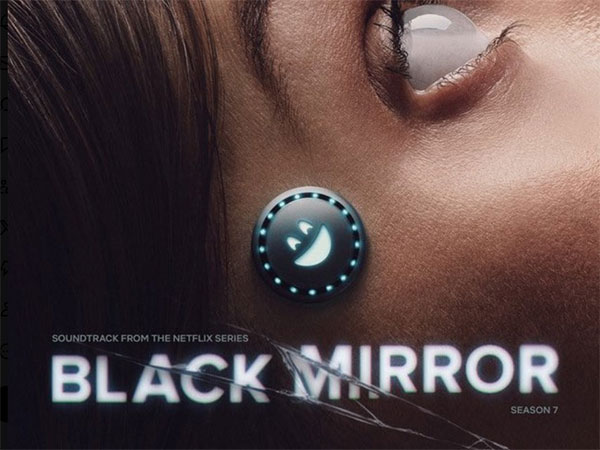
Meta Description: Charlie Brooker warns AI could dominate scriptwriting, sparking debate about creativity vs automation and the need for responsible AI in entertainment.
When the creator of a show that explores near future technology starts sounding an alarm about artificial intelligence, the industry pays attention. Charlie Brooker, the creator of Black Mirror, warned at the Edinburgh TV Festival that AI could soon be producing script notes and handling parts of scriptwriting. His comments spark an urgent discussion about human creativity versus automation and the role of ethical AI in entertainment.
The entertainment world is already using artificial intelligence for recommendations, audience analysis, and automated editing. Now generative AI tools can produce dialogue, plot outlines, and rough scenes. Tools like ChatGPT and specialized script engines show how AI in scriptwriting can accelerate early drafts and research. The Writers Guild of America strike in 2023 highlighted concerns over will AI replace writers and the potential for job displacement across creative roles.
Brooker acknowledged that AI has value for routine tasks such as research, formatting, and audience prediction. However he emphasized that human creativity, editorial judgment, and cultural context remain essential for meaningful entertainment. Responsible AI and human AI collaboration can help protect artistic integrity while using automation to improve workflows.
To address public concern and search intent, articles and studio policies should use clear, user friendly phrases such as how is AI transforming creative industries, ethical use of AI in entertainment, and human centered AI storytelling. Q and A sections help voice search and semantic discovery. Examples of useful questions to answer:
Charlie Brooker's warning is a timely reminder that generative AI can assist but not fully replace the human elements that make stories resonate. The future of film and television will likely favor human AI collaboration, guided by ethical AI principles and respect for cultural sensitivity. The key challenge is balancing innovation with preservation of craft so audiences keep receiving stories shaped by lived experience and true emotional insight.



